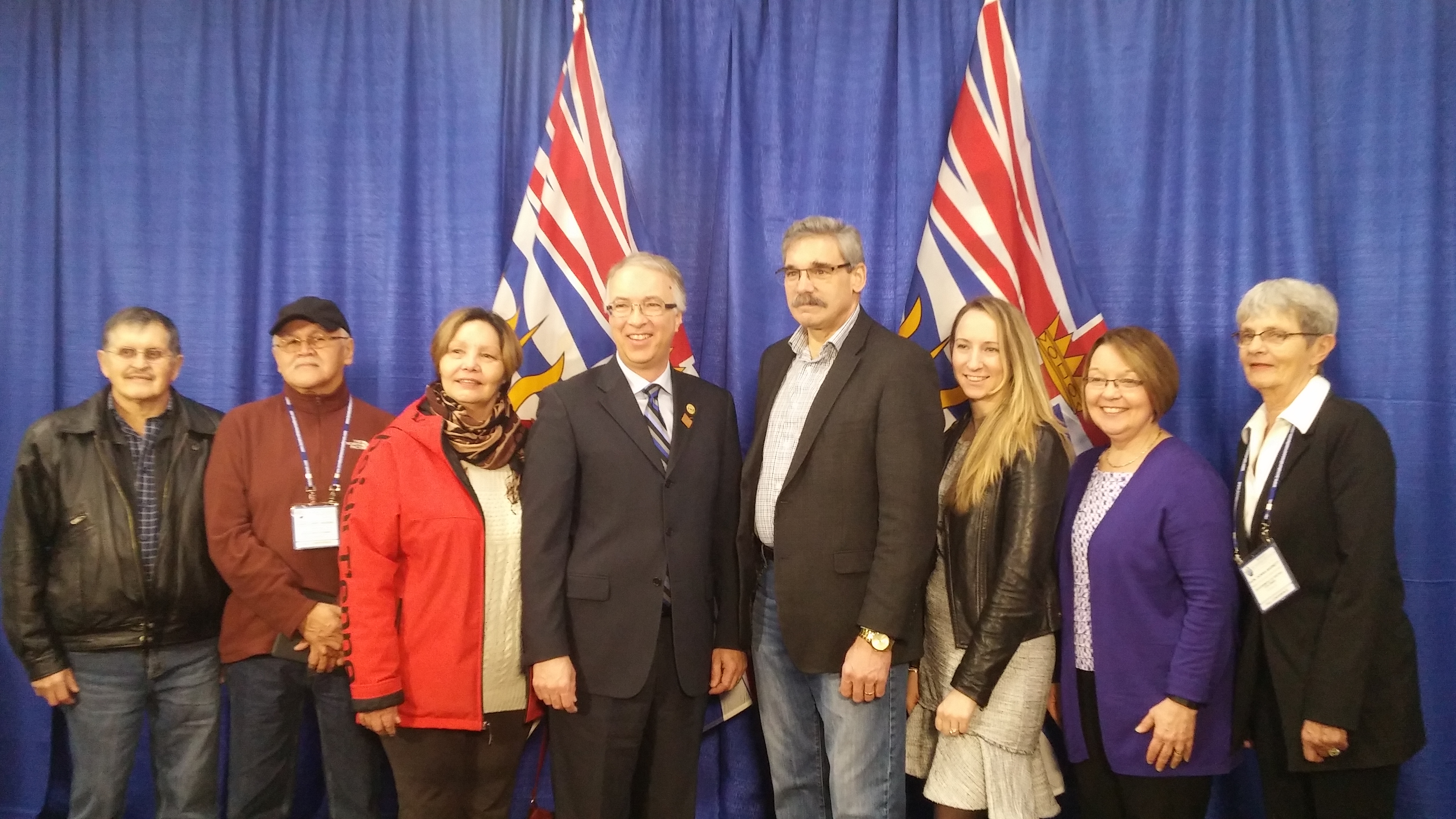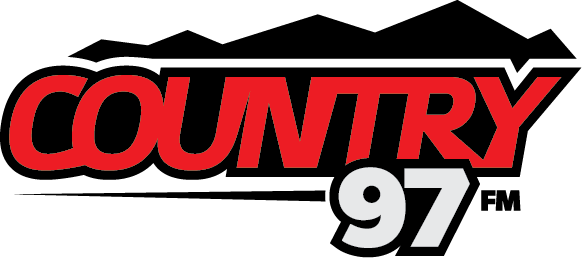BC has committed a total of 4.2 million dollars to initiatives aimed at engaging and empowering northern First Nations.
$2.1 million will go to to fund clean energy projects in remote aboriginal communities – many of which still rely on diesel generators. The funding will build on previous initiatives.
“In 2012, we created the First Nations Clean Energy Fund,” says John Rustad, Minister of Aboriginal Relations and Reconciliation. “We’ve had more than $8.2 million that have gone out and that has been everything from major run-of-the-river projects to small projects within communities as well as bioenergy opportunities.”
The fund will distribute the money over 3 years.
Another $2.1 million will go to five trade skills training projects involving eleven northern First Nations as far north as the Tsay Keh Dene, outside of Fort St. John, and as far east as Fraser Lake.
+200 ppl in First Nations communities in northern BC will benefit from $2.1M in skills training funding says @shirleybond #bcpoli @mypgnow pic.twitter.com/cYrTHfVLd4
— Shannon Waters (@sobittersosweet) February 2, 2017
Nadleh Whut’en Chief Larry Nooski says the programs are much needed.
“Employment opportunities are lacking. We’re going to have six to eight people trained as carpenters and once that courses are over, they’re go right over to building our new housing that we have waiting in the wings.”
In addition to carpentry, the funding will support training programs in piping, welding, machining and electrical.
Nooski feels the relationship between the provincial government and BC First Nations is finally beginning to change on both sides.
“I think it’s a little bit of both but moreso on the provincial side because of the Chilcotin case. It did open the doors a little bit more. We just took that as an opportunity to say, ‘These our our issues and problems. We need to address those.’”
Nooski says First Nations groups have been very proactive about economic development opportunities.
“We barged in the door saying, ‘We need these training programs that are being offered to the non-native communities. We demanded that we be dealt with fairly.”
Rustad says his ministry committed to a new relationship with First Nations in 2005.
“Since then we’ve been able to expand what we’re doing with First Nations. Over the last 4 years, we have now signed more than 400 agreements with First Nations ranging from the social to the economic side.”
Rustad says the investments represent deepening cooperation between the government and BC First nations.
“Those partnerships that are being created and the relationships that are being created open up the potential for economic development, open up the nations’ engagement on environmental issues and on economic issues. We’re very proud of what we’ve been able to achieve.”
Nooski says it’s about time.
“Over the 150 years that non-natives have been on our land, they’ve been excluding the First Nations, leaving us to the responsibility of the federal government. We needed to ensure that there’s going to be prosperity in our communities as well as the rest of BC.”
As with the clean energy funds, the money for the skills training programs will be distributed by the Aboriginal Skills Training and Development Fund, which is scheduled to invest up to $30 million over three years into new skills training projects and partnerships with First Nations communities.







